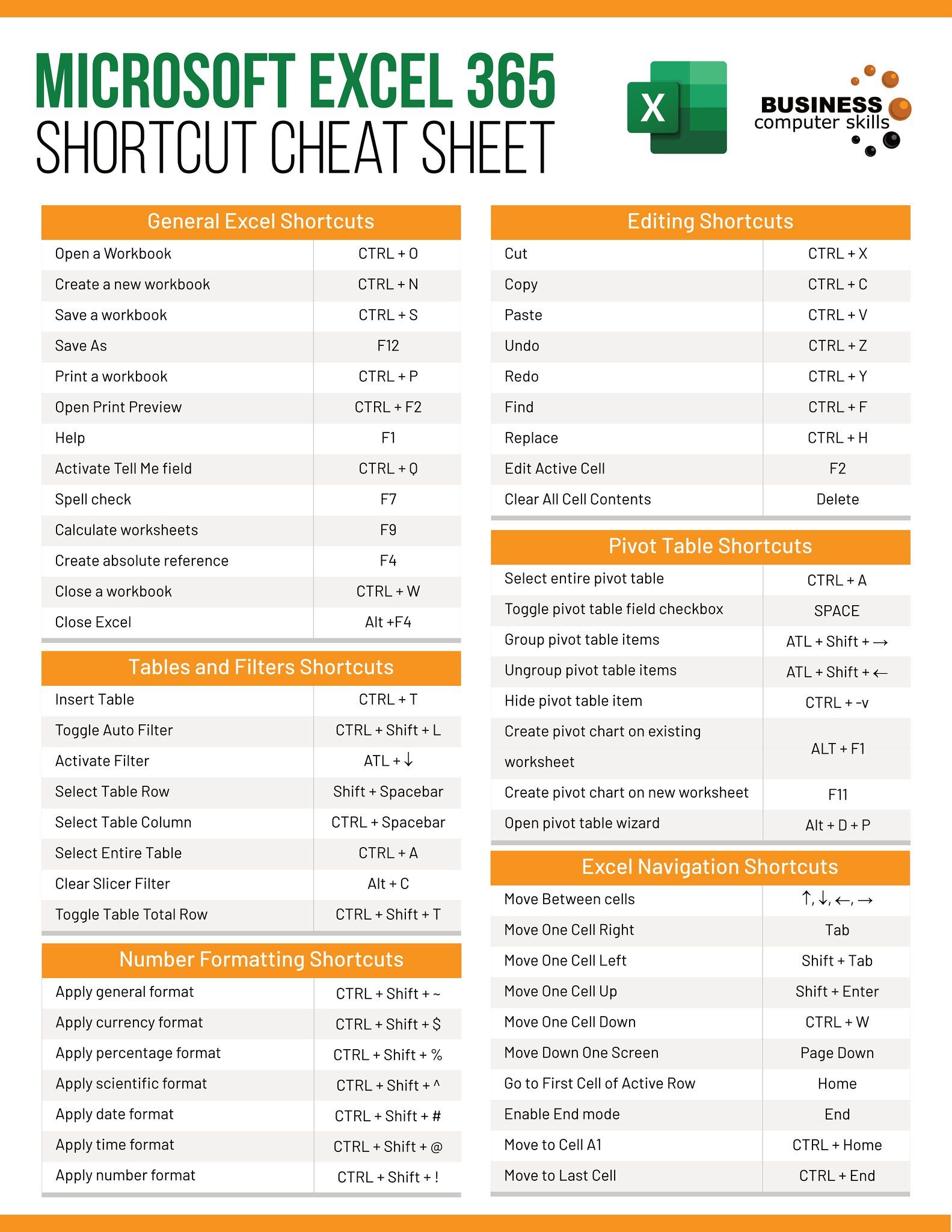5 Must-Know Details in Credit Card Agreements

When you sign up for a new credit card, you're likely focused on the perks and rewards. However, the fine print in the credit card agreement contains crucial details that can significantly affect your finances and user experience. Here, we'll dive into the 5 Must-Know Details in credit card agreements to help you make informed decisions:
Interest Rates and APR


The Annual Percentage Rate (APR) is one of the most critical aspects of your credit card agreement. This rate influences how much interest you’ll pay on any balance carried over from month to month:
- Regular APR: The rate you’ll be charged if you carry a balance.
- Introductory APR: Temporary rates often lower than the regular APR, used to attract new customers.
- Penalty APR: A higher rate that can be applied if you miss payments or violate terms.
⚠️ Note: Always pay attention to how long the introductory rates last, as they revert to the higher regular APR after the promotional period.
Fees

Credit card agreements are riddled with various fees that can add up:
- Annual Fee: A yearly charge to keep the card active.
- Balance Transfer Fee: A percentage of the amount transferred from one card to another.
- Late Payment Fee: Penalties for not paying your bill on time.
- Foreign Transaction Fee: A charge for transactions in a foreign currency.
Grace Period


The grace period is the time between the end of your billing cycle and the payment due date:
- If paid in full by the due date, you avoid interest charges.
- Not all cards offer a grace period, especially on cash advances and balance transfers.
⏱️ Note: Understanding your grace period helps in planning your monthly payments to avoid interest accumulation.
Minimum Payment Requirements

The minimum payment is the smallest amount you can pay each month to keep your account in good standing:
- This amount is typically a percentage of the balance, or sometimes a fixed amount like $25.
- Paying just the minimum extends the payoff period and increases interest costs.
Reward Programs


Many credit cards offer rewards programs to entice users, but the details can be convoluted:
- Type of Rewards: Points, cash back, travel miles, etc.
- Earning Rate: Points or cashback per dollar spent.
- Redemption Value: How much your rewards are actually worth when redeemed.
- Expiration Dates: When rewards expire and become unusable.
💡 Note: Always check the value proposition of rewards. Sometimes, they might not be as lucrative as they seem due to redemption restrictions or low value per point.
In navigating the complex world of credit card agreements, being aware of these key details is essential. They influence not just your immediate financial decisions but your long-term financial health. Remember, understanding the terms of service ensures you're not caught off-guard by hidden fees or unfavorable conditions.
What is a good credit utilization ratio for maintaining a high credit score?

+
A credit utilization ratio of less than 30% is generally considered good for maintaining or improving your credit score. Keeping it below 10% is even better.
Can credit card agreements change?

+
Yes, issuers can change terms, but they must notify cardholders in advance. You usually have the right to opt-out and close the account if changes are unfavorable.
How often should I review my credit card terms?

+
It’s wise to review your credit card terms at least annually, or whenever you receive notice of changes from your issuer.
What are the benefits of having a long grace period?

+
A longer grace period gives you more time to pay your bill without incurring interest, helping manage cash flow and potentially saving on interest costs.



